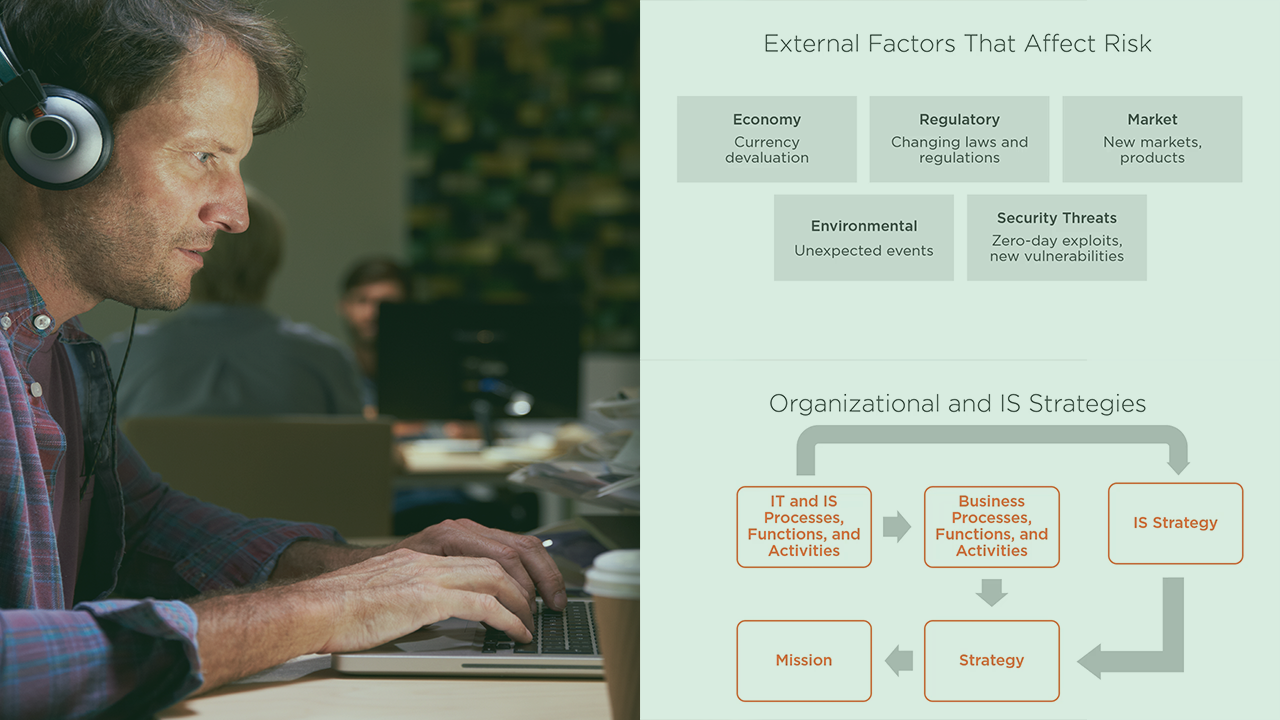Description
A variety of CTF tasks are covered in this course, which is based on actual situations and challenges and aims to teach basic cybersecurity concepts in an interesting and enjoyable way. As you learn how to solve each problem and understand why each strategy works, you will acquire an in-depth knowledge of cybersecurity fundamentals. Starting with basic computer forensics and command-line tools, the program gradually includes topics like encryption, web exploitation, binary analysis and system-level vulnerabilities using tools like grep, netcat, strings, gdb and more.
Topics Covered:
- CTF Warmups (General, Forensics, Reversing, Cryptography): Practice foundational skills like string inspection, file analysis and code reversal.
- Linux Command-Line Tools in Action: Learn practical uses for grep, pipe, ssh and netcat to uncover hidden clues.
- Binary Exploitation & Buffer Overflows: Understand memory structure, overflow techniques and ret2libc exploits.
- Cryptography Challenges: Crack Caesar ciphers, interpret RSA encryption and work with hexadecimal encodings.
- Web Security & Client-Side Attacks: Explore flaws in authentication systems, hidden parameters and browser-side logic.
- Assembly Language Fundamentals: Analyze machine-level code in low-level reversing challenges.
Who Should Take This Course:
- Students exploring cybersecurity and ethical hacking for the first time.
- CTF Beginners who want guided walkthroughs to understand how to solve problems effectively.
- Self-Learners and Hobbyists interested in hands-on hacking experience with minimal prerequisites.
- Aspiring Penetration Testers building their skills through real CTF-style scenarios.
Why Take This Course:
This course serves as a learning partner rather than a tutorial. Each task develops your technical thinking and problem-solving skills by giving you practical involvement with tools and strategies used by cybersecurity professionals. After completing this course, you will get a greater understanding of weaknesses, attack methods and defense tactics, as well as the confidence to tackle your own CTFs or cybersecurity projects. If cybersecurity is your passion, this is where you should start putting your knowledge into practice.








